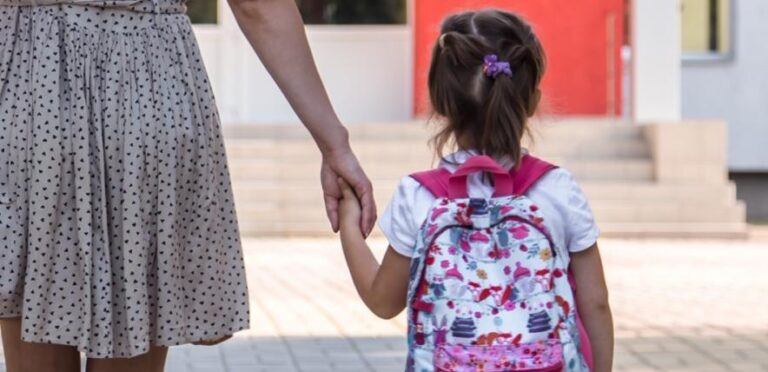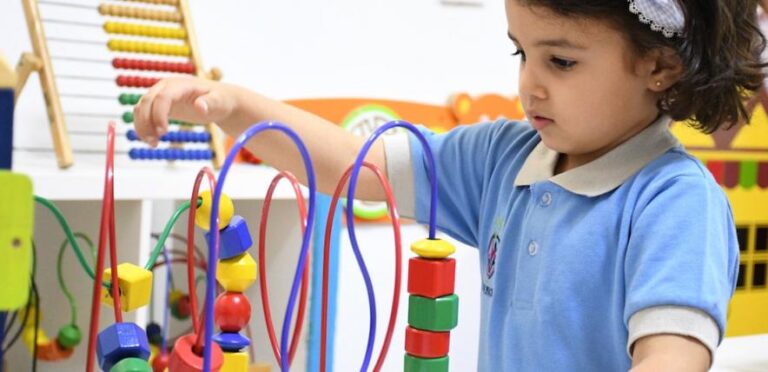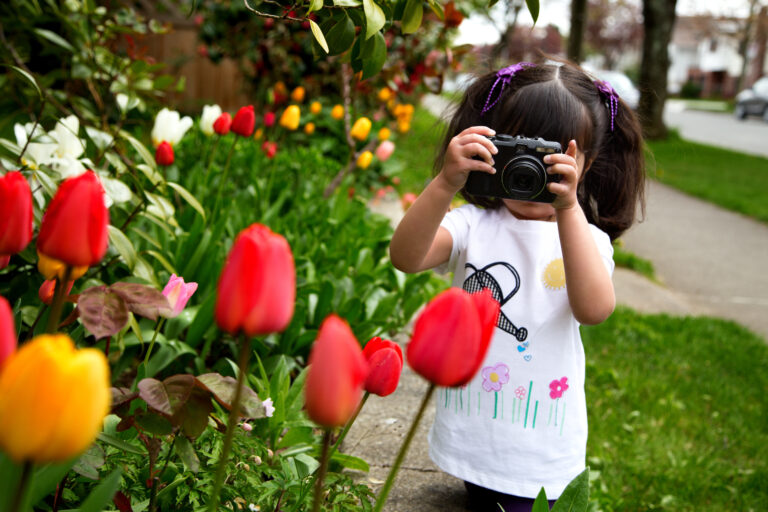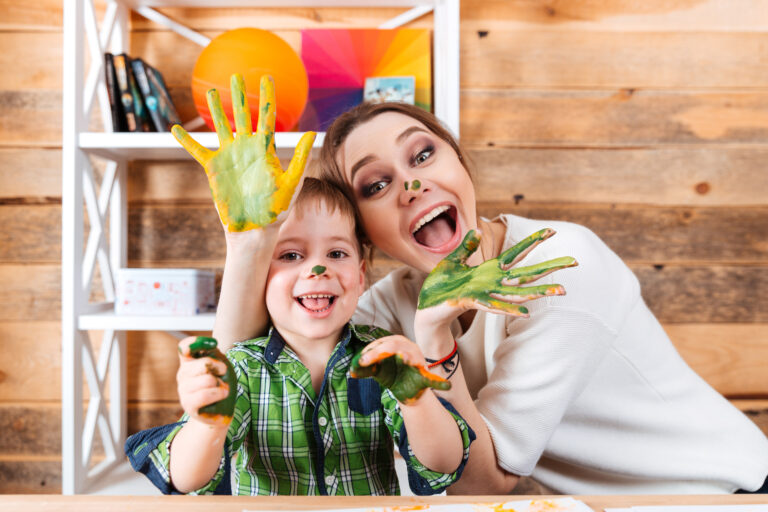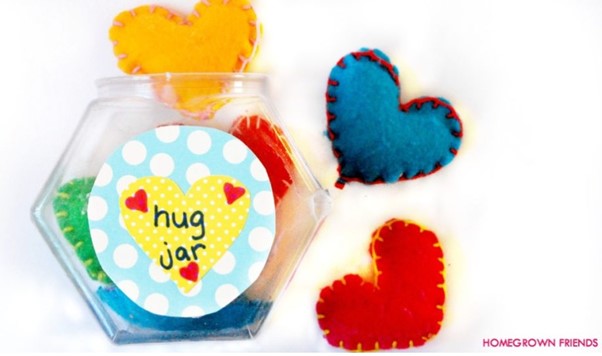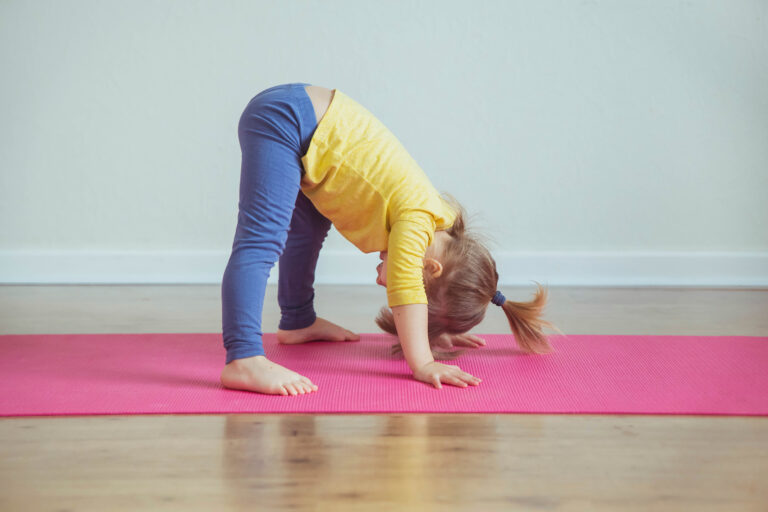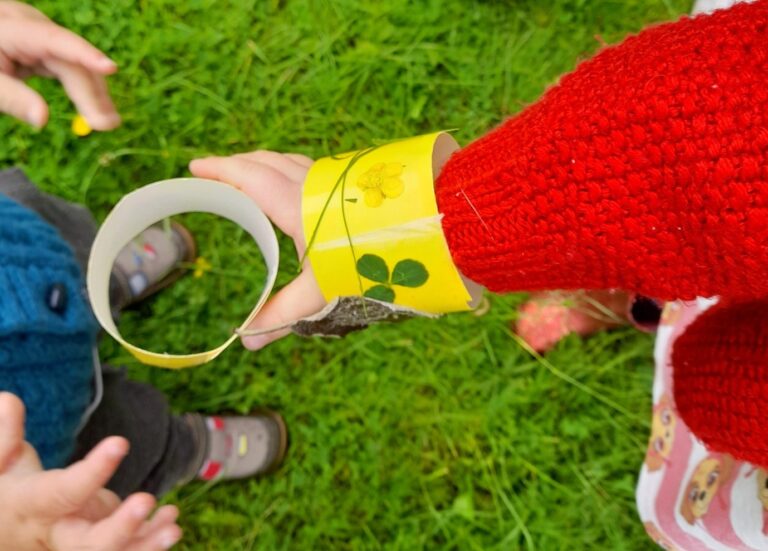By Nicky Sanford
There are conflicting ideas in education policy and media reports about what ‘school-readiness’ is and what it means for our little ones as they start primary school.
However, it is generally agreed that being ready for school is not about the academic milestones a child should achieve by they time they reach school, such as writing their name or counting to 10.
These will be easily learnt once children have developed the skills needed to explore school life and are ready to embrace the age-appropriate independence it brings.
Having a good bedtime routine and time in the morning for breaklast and a relaxed start can promote good habits for many years to come.
But there are others things you can do too!
Being confident about school
Perhaps the most important ‘skill’ is to separate from parents and accept school as a fun, exciting and engaging place to be.
While this may not describe every parent’s memory of being at school, it’s important that children begin this journey feeling secure and confident about the new experiences, new skills and new friends to be had!
How you can help: Try not to talk about your own worries and concerns when your child might be listening.
It may feel like a scary and uncertain time for you but talking about school in a positive and enthusiastic way will help your little one feel excited about the changes ahead.
And remember once enrolled, attendance is not optional, so avoid asking whether your child wants to go!
Managing their own needs
While many children will have attended a nursery, pre-school or childminder, entry to a primary school still marks a shift in expectations as well as independence and being able to manage their own personal care should be top of the list for things your child can do as they start school.
Wiping their own bottom, blowing their nose and being able to dress themselves will make a typical school day run more smoothly for everyone.
How you can help: Allow opportunities for your child to wipe their own bottom and nose at home.
While you can check afterwards and praise their attempts, it’s important that children routinely try as these skills can only be developed over time and with practice.
Think carefully about the uniform you choose for school. While tights and pinafore dresses can look nice and smart, they are not the easiest items for dressing independently.
You can help by ensuring that your child can dress themselves in the items that they will wear to school. Can they manage fastenings? Do they know which is the front and which is the back? Can they tie laces if their shoes have them?
Being responsible
Early on in every child’s school experience they will be expected to be responsible for their own belongings. A busy classroom can sometimes come as a bit of a shock – so remember that there will be up to 30 identical sweatshirts, 60 very similar shoes and a variety of white tops, shirts and t-shirts!
How you can help: By dressing themselves each morning your little one will be familiar with their uniform and will then manage toileting and changing for PE with more confidence.
Remember to name EVERY item of clothing clearly and ensure that your child knows where to look for their name.
Encourage your child to carry their own belongings on the journey to school as this will help them to remember what they brought each day – and what they need to bring home again!
Carrying in a lunchbox is a useful way for your little one to remember whether they are having a packed lunch for a school dinner.
The ability to focus
Being able (and willing!) to following directions is such an important skill as so much of the school learning will rely on these skills, and being able to concentrate and focus on the adult talking will help your child to take on board the information they will need for a successful day.
How you can help: Playing games like ‘Simon Says’ and ‘musical bumps/statues’ are great for developing listening skills.
Tuning out background noise is a learnt skill and as children start school this is often something still to be developed so help by turning off the television or other background noise while your little one plays.
Encouraging thinking skills
Encouraging your child to ask questions, and discuss possible answers will be a very positive characteristic to enter school with. Alongside this, the confidence and ability to ask an adult for help can only benefit both your child and the classroom teachers.
How you can help: Encourage questions with “That’s a good question”, “What do you think?”, “What do you think will happen if we do that?”, “How can we make that happen?”, and always admit it if you don’t know — it can be fun to find out together!
Encourage your child to try out their ideas for themselves, even if you can see it won’t work.
And finally…
Building new relationships can take time, but if parents talk to teaching and school staff early on and share information, worries and problems they can help address any issues as soon as they arise.
Remember everyone is working towards the same goal – for children to progress and achieve effectively and be happy and have fun doing so.
Written by Nicky Sanford for the Early Years Alliance. Nicky worked as an early years teacher for 15 years and currently works in a village pre-school.

